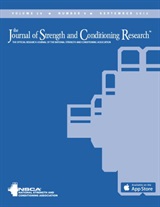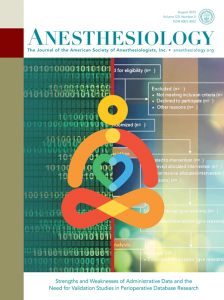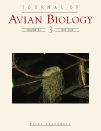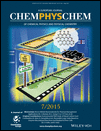 A study on the trendy and grueling workout regimen known as CrossFit has a correction concerning the number of participants hurt during 10 weeks of training. The paper has been the center of multiple lawsuits — one by CrossFit, and one by a CrossFit gym owner — for allegedly over-inflating the risks associated with the regimen.
A study on the trendy and grueling workout regimen known as CrossFit has a correction concerning the number of participants hurt during 10 weeks of training. The paper has been the center of multiple lawsuits — one by CrossFit, and one by a CrossFit gym owner — for allegedly over-inflating the risks associated with the regimen.
The original paper claimed that 9 of 54 participants dropped out of the study due to “overuse or injury.” The correction note says that just two left for those reasons.
The paper, published in The Journal of Strength and Conditioning Research actually concludes that CrossFit has some benefits. According to the abstract: Continue reading Journal corrects CrossFit injury data in paper at center of lawsuit







